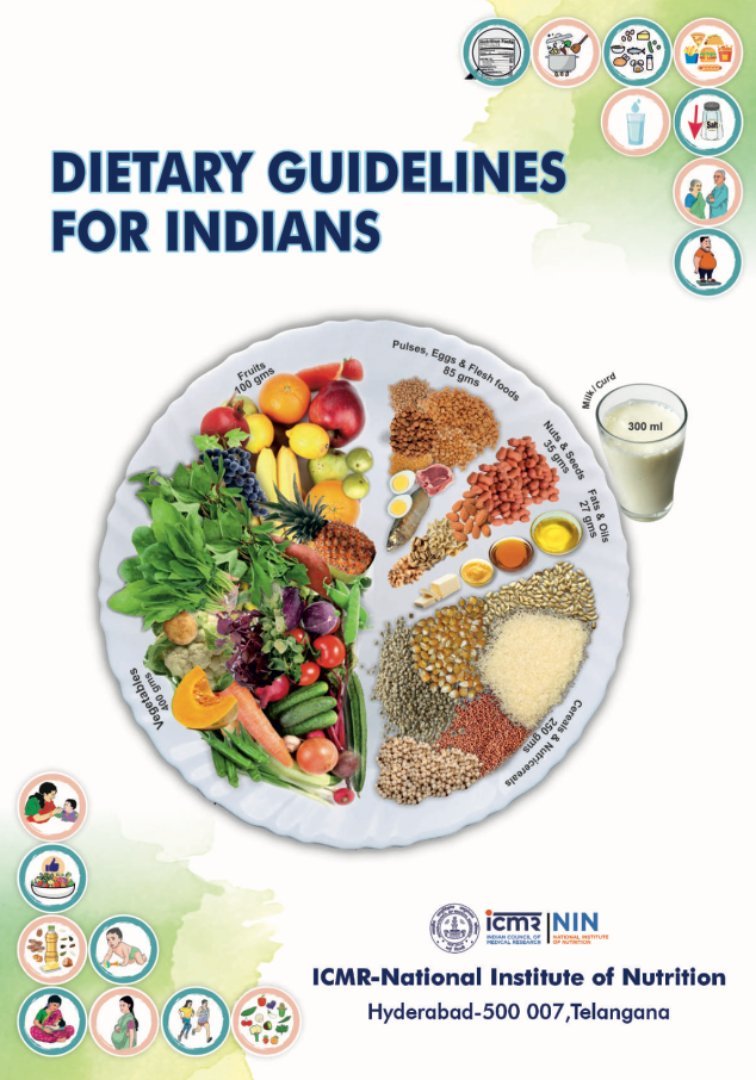The Indian Council of Medical Research (ICMR) has recently issued guidelines advising moderation in the consumption of tea and coffee due to potential health risks associated with these popular beverages.
Tea and coffee, integral to many people’s daily routines, contain caffeine, a stimulant that can have various effects on the body. While moderate caffeine intake can enhance alertness and cognitive performance, excessive consumption can lead to several health issues.
According to the ICMR, individuals should avoid consuming tea or coffee for at least an hour before and after meals. This recommendation is based on the fact that these beverages contain tannins, which can interfere with iron absorption in the body. This interference could potentially lead to iron deficiency and related health issues like anaemia.
Moreover, the ICMR has recommended a daily caffeine intake limit of 300 mg. To put this into perspective, a 150 ml serving of brewed coffee contains approximately 80 to 120 mg of caffeine, while instant coffee contains about 50 to 65 mg. Similarly, a serving of tea contains around 30 to 65 mg of caffeine.
Excessive caffeine consumption can lead to physiological dependence, as it stimulates the central nervous system. It can also cause side effects such as nausea, anxiety, sleeplessness, restlessness, and in some cases, elevated blood pressure and cardiac irregularities.
While the guidelines caution against excessive intake, they also highlight that tea without milk may offer health benefits, including improved blood circulation and a reduced risk of coronary artery disease and stomach cancer.
In conclusion, while tea and coffee may offer comfort and cultural significance, it’s essential to approach consumption with awareness and moderation to safeguard our health. The ICMR’s guidelines serve as a valuable reminder of the importance of mindful consumption for overall health and well-being.




